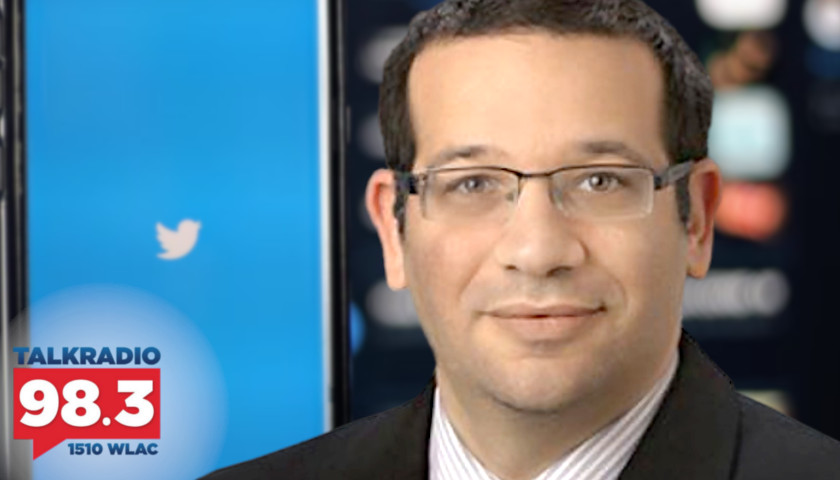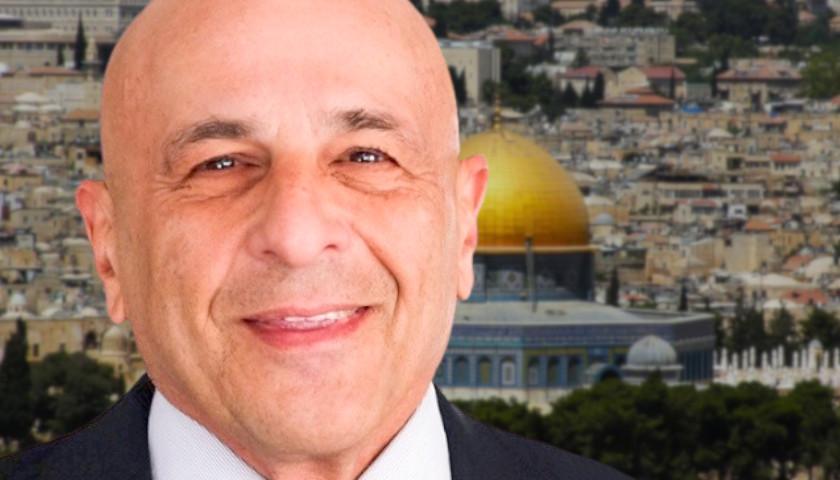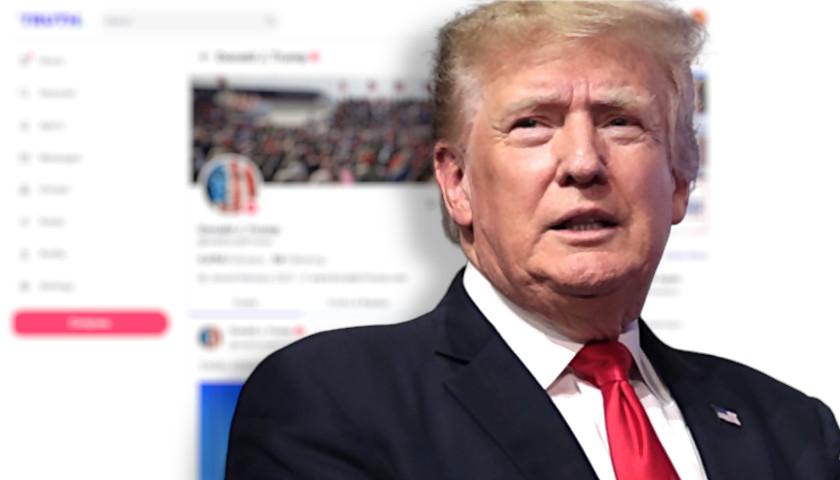Live from Music Row Thursday morning on The Tennessee Star Report with Michael Patrick Leahy – broadcast on Nashville’s Talk Radio 98.3 and 1510 WLAC weekdays from 5:00 a.m. to 8:00 a.m. – host Leahy welcomed New York City attorney Akiva Cohen to the newsmaker line to comment upon the Elon Musk, Twitter buy, next steps, and anti-trust law.
Leahy: We are joined now on our newsmaker line by our very good friend Akiva Cohen, who is an outstanding attorney. We’ve had some interesting discussions about constitutional issues and other issues in the past.
And he comes back to talk a little bit today about Elon Musk, and his acquisition of Twitter. Akiva is a specialist in litigating complex commercial and intellectual property disputes.
He is a graduate of Columbia Law School, where he was the Harlan F. Stone Scholar. A very smart attorney. Akiva, welcome to The Tennessee Star Report.
Cohen: Good morning. Thank you guys for having me back on. It’s always great to talk to you. How are you?
Leahy: We’re delighted to get your thoughts here on Elon Musk. Roger has a comment for you.
Simon: I was just going to say let’s cut to the chase. Should I be investing in Twitter or not?
Cohen: Well, mostly be taking it private. So if you can get in now at less than he’s going to pay for it, then sure. But I doubt that anybody is going to sell it to you for less than he’s already told them he’s going to pay for the shares.
Leahy: Very good point. (Crosstalk) Now, one little twist and turn on this deal. It’s not totally done yet. The board has recommended it.
There’s a little weird element in the agreement where he’s not supposed to say anything negative about Twitter. And apparently, he has said something negative about Twitter subsequently. Have you followed any of that?
Cohen: That’s not really my practice area, so I’ve stayed away from the corporate stuff. I will say that the supposedly negative comments about Twitter, just looking at the language in that contract, if I were on the other side of that or trying to make that argument, I’d be a little concerned. That was a criticism of the decision on the, I believe it was the Hunter Biden story. It was not a discussion of the merger. I don’t think that’s going to be an issue.
Leahy: Well, one of the reasons we like to talk to you, Akiva, is because there’s a headline and there’s a story on legal issues, but they almost always oversimplify things.
And you’re able to help us sort of un-sort what’s not significant in what is, where does this go now? What steps have to happen before he takes complete control of Twitter?
Cohen: So as I said, I’m not on the corporate side of things, so tell you what the steps are in terms of getting past, he’s got board approval and he’s got to get past … there shouldn’t be, I don’t think any regulatory issues on something like this.
And then the deal has to be consummated. He’s got to do his due diligence and he’s got to decide after taking a look behind the scenes at the books, that, yes, he wants to go through with this.
And I suppose there would have to be a shareholder vote. So sufficient shares, he’d have to actually be able to purchase the shares.
But I’m not a corporate guy, so I wouldn’t be able to talk to you about the ins and outs of what the particular steps are to make that happen.
Simon: We read this is going to take six months, and the reality of him actually taking over is some time away from us.
Leahy: Six months or so. What about the implications for freedom of speech in America? You’re an intellectual property guy. You know about those sorts of things. We’ve seen, now that former President Trump, who set up this Truth Social competitor to Twitter, has said, wish you luck, but I’m not going to go back on Twitter.
Let’s say we’re six months down the pike and Elon Musk has succeeded in taking full control of this. What kinds of changes are we likely to see in Twitter?
Cohen: Right. So a couple of things. Right, on free speech, I will stay consistent with what I’ve said all along, which is Twitter is a private company, and that means it gets to set its rules without sort of any impact on freedom of speech questions in the same way that any other private entity does.
And so if Elon Musk decides that he wants to change this, he recently tweeted out that, in his view, basically, anything that’s legal should be allowed to be said on Twitter, and nobody should be banned for saying anything that’s legal to say.
They’ve got some international issues because some things that are legal to say in the U.S. are not legal to say in Austria, for example, and certainly not in China or other regimes like that. But if that’s where he wants to go with things, then the moderation standards on Twitter are going to change. But that’s not a free speech issue.
The biggest threat to free speech in connection with all of this is the idea that government should step in and force Twitter to moderate in a particular way, and whether that’s people upset that Elon Musk might be making Twitter more or less likely to moderate right-wing political speech, or whether that’s people upset that Twitter, as it currently exists, is too likely, in their view, to moderate right-wing political speech.
The idea that the government should be telling private companies what speech they can and can’t host on their property is, to me, the big threat to freedom.
Simon: I agree with you on that, but I think we’ve got a conundrum that we’ve never faced before. And I’d like to hear what your opinion is. When people wrote antitrust legislation, no one could believe there would be companies like Google and Twitter lesser than, Google and Facebook are amazing. And I’ve been doing a little research on it because I wrote a piece for The Epoch Times on it that’s coming out sometime today.
I think, for example, the population of China is 1.4 billion. The number of users of Facebook, which, by the way, has canceled me, is 2.9 billion. In other words, these companies, Google and Facebook, and Twitter to a lesser extent, are bigger than nations. They’re global entities that seem more powerful in some ways in our lives than any nation could be.
Cohen: Oh, 100 percent. But from an antitrust perspective, the question is, right, so what do they have a monopoly on? So when you’re talking about Twitter and Facebook, you’re talking about two different social media companies that allow users to basically spread their thoughts to huge numbers of people, and, well, neither of them has a monopoly on social media because they have competitors out there, including each other. Facebook has a monopoly on Facebook, right?
You can’t go on Facebook without Facebook’s permission, and Twitter has a monopoly on Twitter in the same sense. But that’s sort of like saying Coke has a monopoly on Coke and Pepsi has a monopoly on Pepsi.
The overall product is social media, and there are a variety of competitors out there. So from an antitrust perspective, at the end of the day, my view is people need to vote with their feet, right? If you don’t like the policies on Twitter, then don’t be on Twitter.
Listen to the interview:
– – –
Tune in weekdays from 5:00 – 8:00 a.m. to The Tennessee Star Report with Michael Patrick Leahy on Talk Radio 98.3 FM WLAC 1510. Listen online at iHeart Radio.
Photo “Akiva Cohen” by Akiva Cohen.








